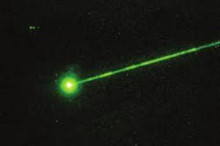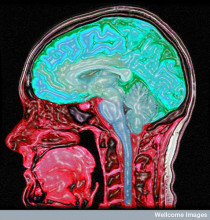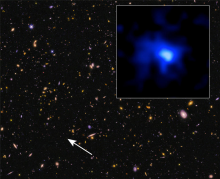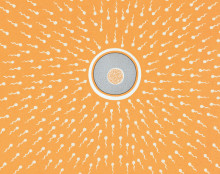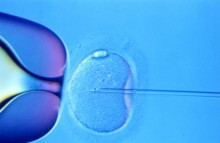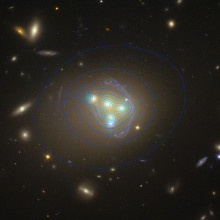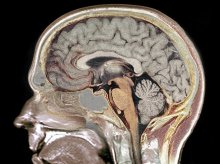Pentagon Eyes Airborne Lasers for Missile Defense
The U.S. Defense Department recently began testing a laser that might someday be affixed to drones to knock incoming missiles out of the sky.
Marine Corps Gen. Joseph Dunford, nominated by the Obama administration to replace Army Gen. Martin Dempsey as chairman of the Joint Chiefs of Staff, said he agrees with Navy Adm. William Gortney, head of U.S. Northern Command, on the need for the military to develop ways to thwart ballistic missiles earlier in flight, possibly with lasers.














































